Science Cases - CESAR
Science CASES
The CESAR Team (Cooperation Through Education in Space and Astronomy Research) goal is to support Schools and Universities to participate in Science. The material and software have been completely made by the CESAR Team as the dedicated training sessions.
Remote observations with the CESAR Observatories are supported by the CESAR Team. This can be done remotely using the CESAR observing scheduler which has been programmed to establish priority queues per target in a night (depending on visibility, type of object,...) as:
- "call for proposals", where students/teachers provide the targets to be observed and the team does it in a stand-alone mode.
- real-time observations by the students/ teachers supported by the CESAR Team.
|
Kids working at one of the ESA workshops |
Planets, different evolutionary stars, galaxies, NEOS and the Sun could be the targets to be observed by the CESAR observatories for the student's research.
Each of the research topics receives the name of "Science Cases". At each of them the material provided to perform it contains:
- A Teacher's guide: A guide where there is explained to the teachers the key information to be provided to their students for performing the Science Case.
- A Student's guide: A manual to be followed by the students for the Science Case.
- A booklet: An introduction to the astronomical topic of the Science Case.
- Calculation's guide: A sheet with the formulas required by the student to perform the calculations.
- Calculations and results: A white sheet where the students will write their calculations.
- A Student's Quiz: A set of questions that should be answered by the students to check whether the concepts have been assimilated.
- A Teacher's Quiz: Information to the teachers to support the student's quiz assessment.
- Additional information: Link to interesting pages or videos related to the topic will be provided.
Astronomical data collected by the CESAR Observatories and software developed by the CESAR Team.
- Removed a total of (2) style text-align:center;
- Removed a total of (1) style text-align:left;
- Removed a total of (1) style float:left;
- Removed a total of (2) border attribute.
- Removed a total of (2) cellpadding attribute.
- Removed a total of (2) cellspacing attribute.
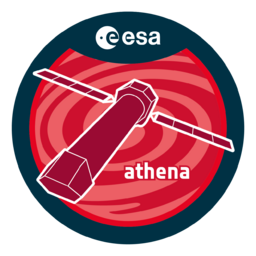
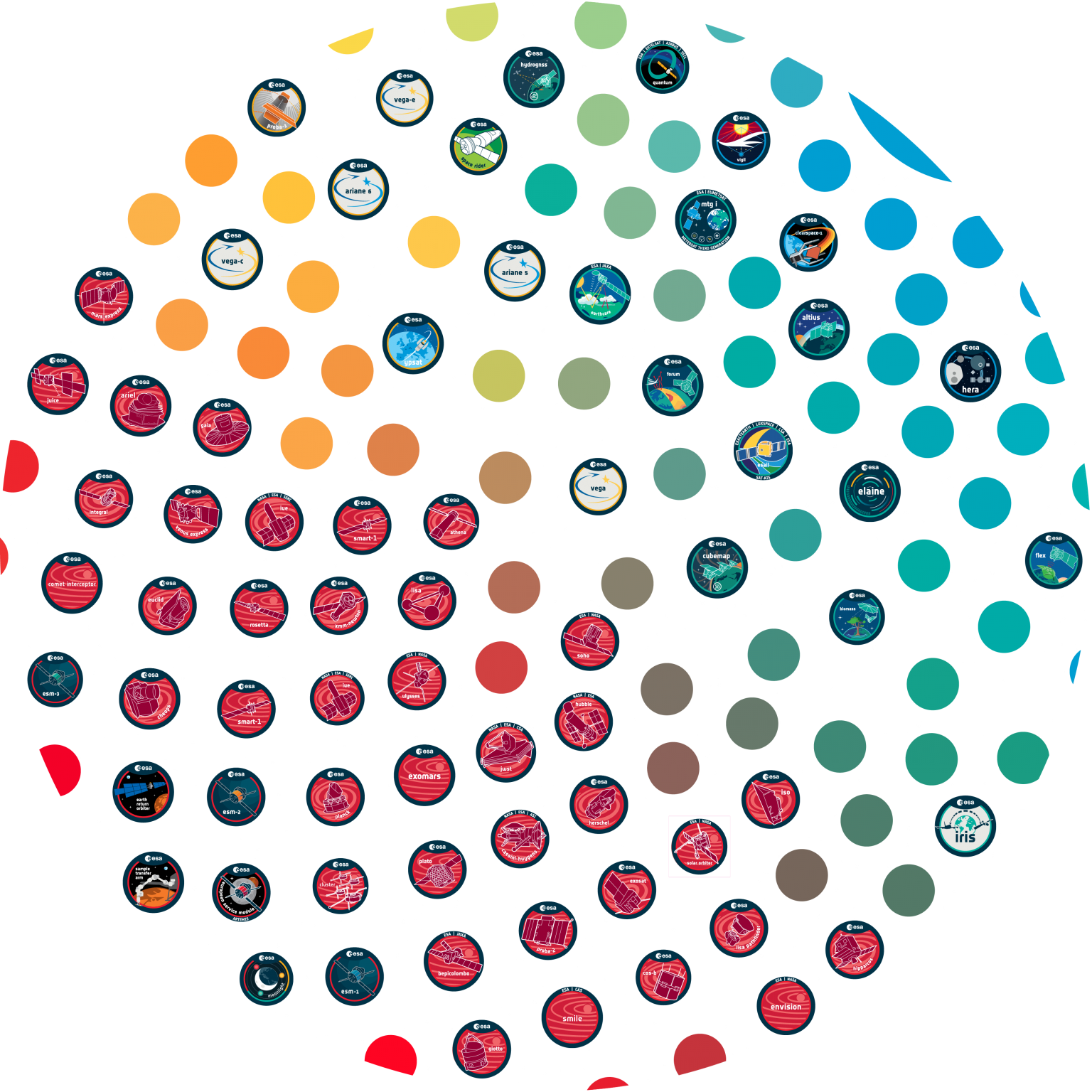
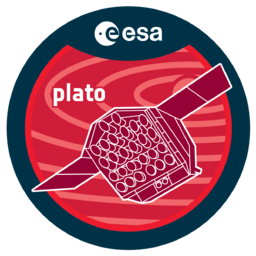
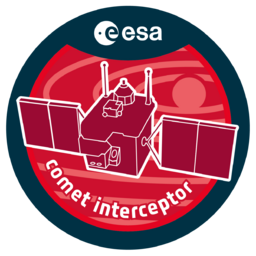

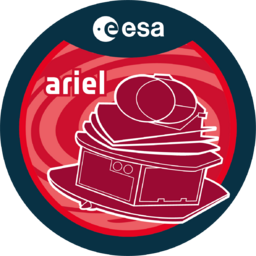
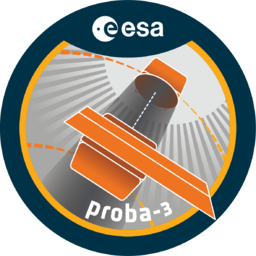
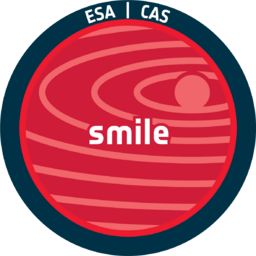
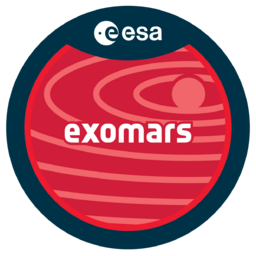
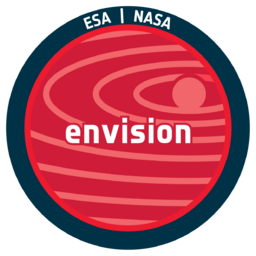
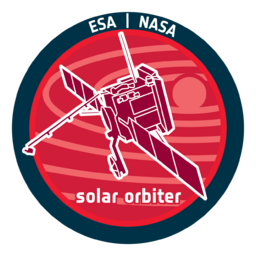
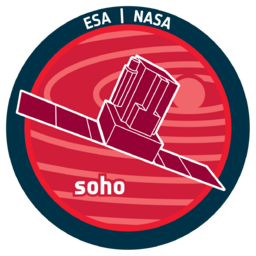
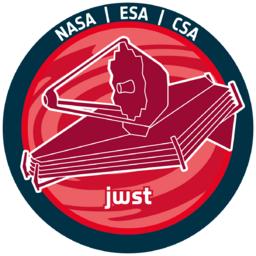
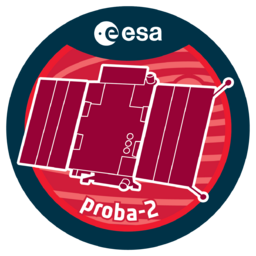
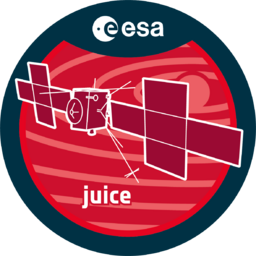
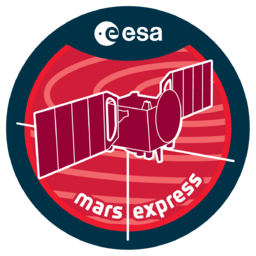
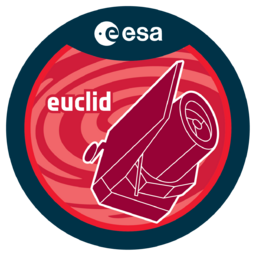
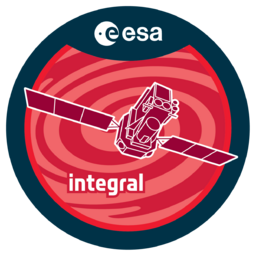
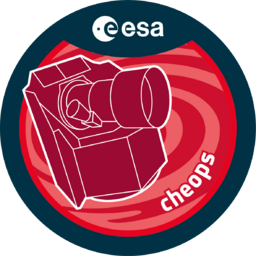
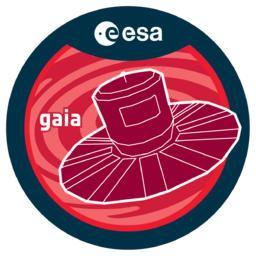
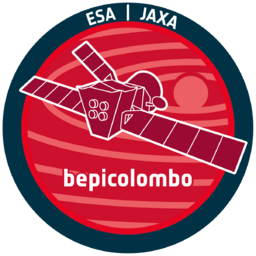
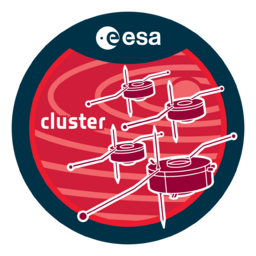
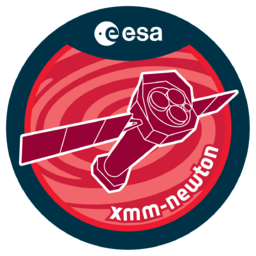
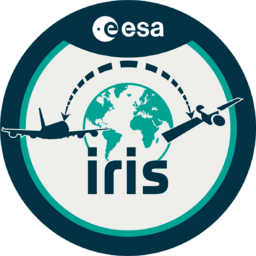
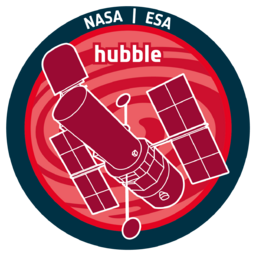
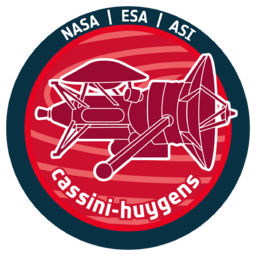
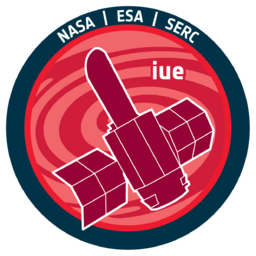
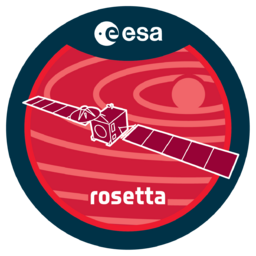
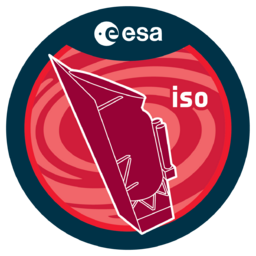

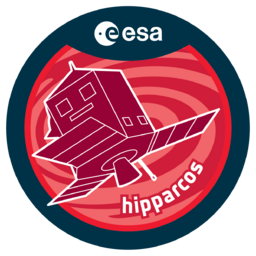
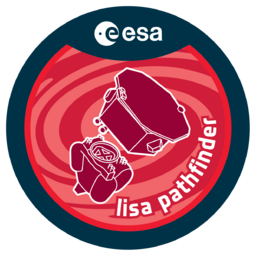
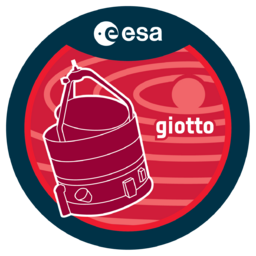
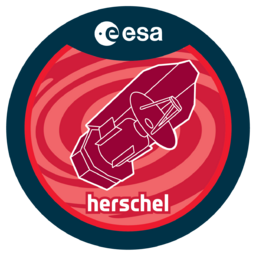
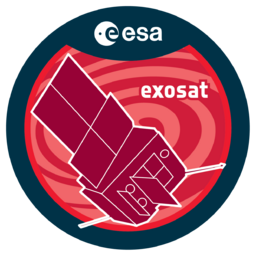
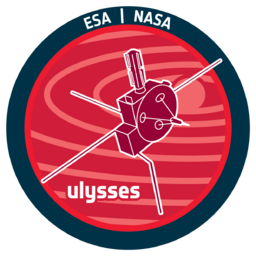
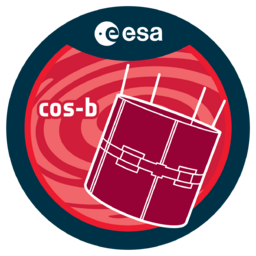
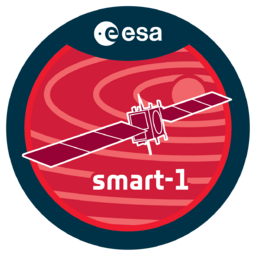
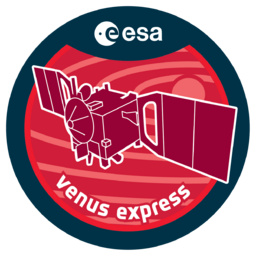

 Sign in
Sign in
 Science & Technology
Science & Technology